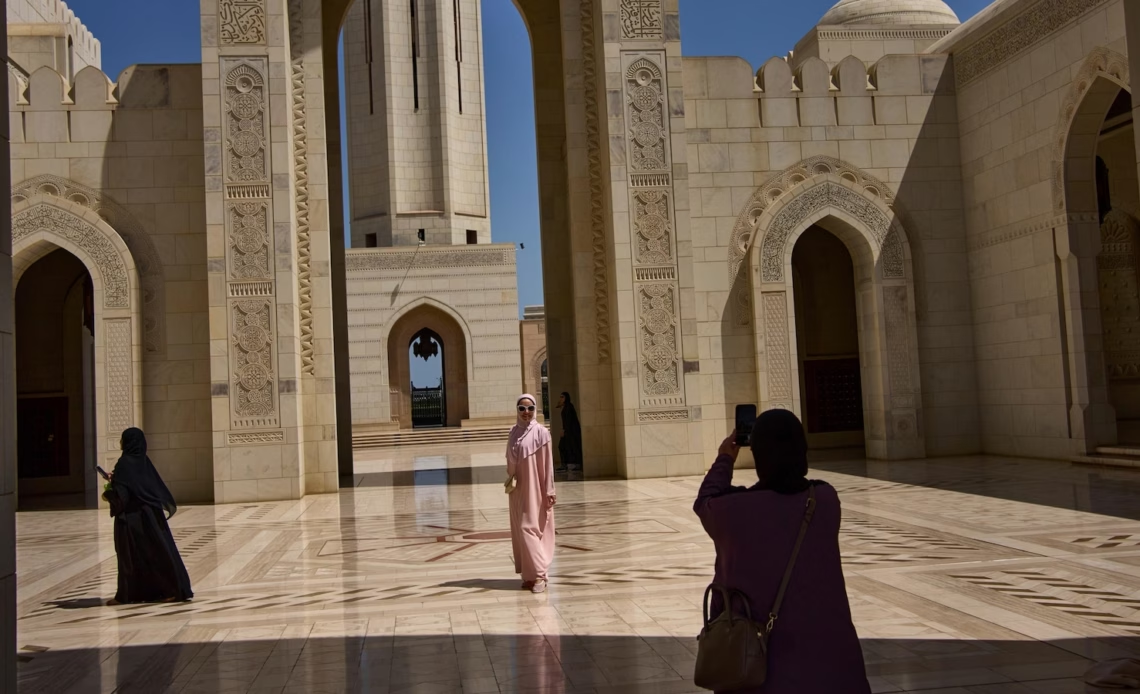MUSCAT, Oman — Negotiations between Iran and the United States over Tehran’s rapidly advancing nuclear program will return Saturday to the secluded sultanate of Oman, where experts on both sides will start hammering the technical details of any possible deal.
The talks seek to limit Iran’s nuclear program in exchange for the lifting of some of the crushing economic sanctions the U.S. has imposed on the Islamic Republic closing in on half a century of enmity. Trump repeatedly has threatened to unleash airstrikes targeting Iran’s program if a deal isn’t reached. Iranian officials increasingly warn that they could pursue a nuclear weapon with their stockpile of uranium enriched to near weapons-grade levels.
Neither Iran nor the U.S. have offered any explanation on why the talks will return to the Omani capital of Muscat, nestled in the Hajar Mountains. Oman has been a mediator between the countries. Last weekend’s talks in Rome offered a more-equal flight distance between Iranian Foreign Minister Abbas Araghchi and U.S. Mideast envoy Steve Witkoff, who are leading the negotiations.
But Rome remains in mourning after the death of Pope Francis, whose funeral will be Saturday. And Iranian state television, in covering last weekend’s talks, complained at length on air about the “paparazzi” gathered across the street from the Omani Embassy in Rome’s Camilluccia neighborhood.
“As you can see, unlike the first round of talks where the presence of journalists was limited and the Omanis had special management in place to prevent a large and chaotic media presence from disrupting the negotiations, this time in Rome, Italy, that kind of control hasn’t been applied,” said Hosnieh Sadat Shobeiri, an Iranian state TV journalist in gray, all-encompassing chador.
“Because of the crowd we’re seeing here, with media outlets from various countries — including some that are anti-Iran — it’s possible that we’ll hear more conflicting reports and news aimed at disrupting the talks coming out of Rome compared to Oman.”
The Muscat talks come as Iran appears to have lined up Chinese and Russian support. Araghchi traveled to Moscow last week and this week visited Beijing.
On Thursday, Chinese, Iran and Russian representatives met the head of the International Atomic Energy Agency, the United Nations’ nuclear watchdog that likely will verify compliance with any accord like it did with Tehran’s 2015 nuclear deal with world powers. That deal included China…
Click Here to Read the Full Original Article at ABC News: International…

